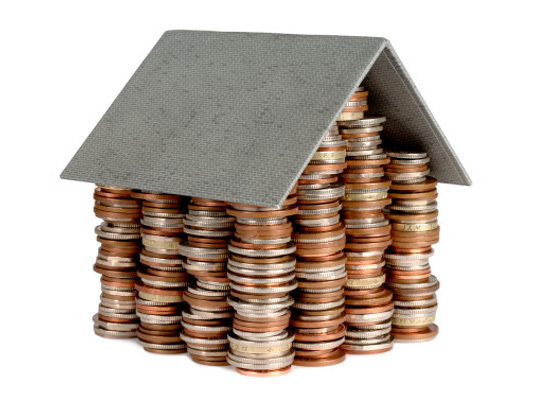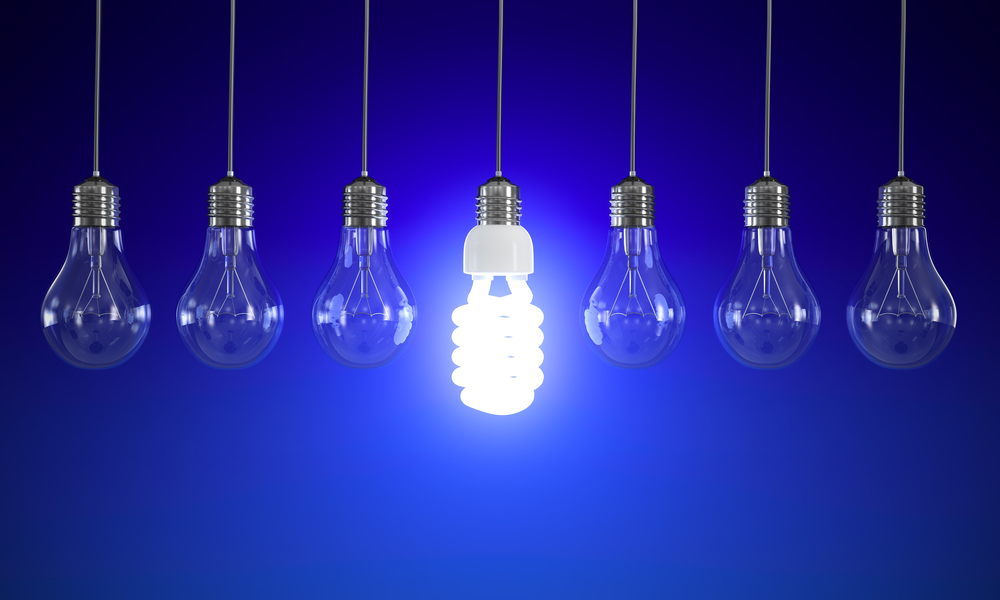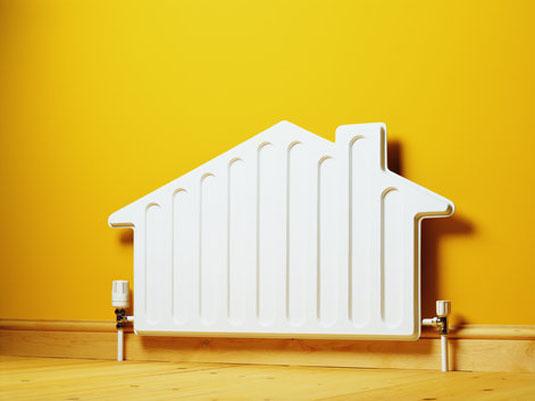Does smart home save money?
Typically, people turn their homes into smart homes to make their life more enjoyable. Sometimes it’s also because it’s just cool. But it happens that the owners of such houses seriously think about how this can help them make their life not only more convenient and practical, but also more economical. Truly smart homes are those that allow you to smartly spend resources. But - "it was smooth on paper." What does it look like in reality - today, with modern technologies and in our country? We decided to conduct a little research and calculate whether smart homes actually save on the example of one abstract Moscow household.

Для наших расчётов мы взяли идеальные условия: весь свет в доме контролируется датчиками движения и погасает ровно в 23:00, термостаты поддерживают температуру в 22 градуса и не включают обогрев и холод одновременно. Все расчёты примерные, все допущения взяты из опыта — как сотрудников iRidium mobile, так и наших партнёров-интеграторов.
Мы исходили из того, что стоимость установки такой системы для 150 м2 под ключ в среднем составляет порядка миллиона рублей, из них примерно 40%, 400 000 рублей — стоимость оборудования.

For home lighting 150m 2 requires approximately 100 LED lamps of 10 watts of total power of 1 kW.
The price of electricity in Moscow at the moment is 4.68 rubles per kWh. Suppose that without a smart home system, the light is on in the whole house using all the lamps from 19:00 to 00:00, i.e. 5 hours a day. Based on this - 5 kWh per day. 4.68 * 5 = 23.4 rubles per day. In a year we receive - 23.4 * 365 = 8541 rubles for lighting.
Suppose that turning off all the lamps at 23:00 and competent distribution of energy will allow us to reduce the time of energy consumption to 4 hours and use an average of 30% less energy, this will give us 2.8 kWh or 13.1 rubles per day - approximately 4,782 rubles a year to ensure 3,759 rubles of savings per year.

Saving on heating - whether it is temperature control, control over the schedule of operation of heaters, etc. - you can save another order of 5 kWh per day, therefore - another 8541 rubles per year.
The total 12 300 rubles of savings per year at the initial cost of a million means about 80 years of payback. Even under the best conditions and the cheapest components, this period will not be less than 15 years. A simple answer to the question "Do smart homes help save in reality?" - no, not especially. But this is only one conditional case. There are more positive examples.
Say, the larger the area of the object, the cheaper the cost of the system per square meter and the shorter the payback period. For country houses, the question of saving with the help of smart technologies is more relevant than for apartments - for example, in many regions, connecting an additional kilowatt to your house costs from 50 to 150 thousand rubles per kW. Five conventional kilowatts of savings (and for country houses it can be even more) thus translate into quite tangible amounts, which make it possible to compensate, if not the full cost, then a significant part of the budget for installing not very expensive equipment.
At the building level, where you need to think less about comfort, properly built systems can pay off even before the object is commissioned. The most pragmatic companies such as IKEA, METRO and McDonalds install a control system in all their buildings.
Of course, 90% of installed home “smart” systems are designed to control AV equipment and lighting, use an expensive design of switches and refuse sensors in most of the rooms. Such systems pay off unless emotionally.
The greatest saving potential is represented by energy control: a system that will turn off the supply of hot water when the owners are not at home (for example, they are at work). But at the same time, the control processor “knows” that the owners are returning home by 18:00 and turn on the heating of the house in advance so that the air has time to warm up before they arrive. Such a system can control not only heating, but also power supply, turning off electrical appliances when nobody is at home. She can give advice to the owners of the house (for example, the use of washing machines in the evening, when the water tariff is lower).
Do not forget that in the event of a fire, flooding or any other incident, the installed gadgets will help to save much more than their value: timely notification of a fire or flooding can help save your property in time - get home on time, remotely turn off the electricity / water and etc., which will help to preserve property many times higher in cost than installing smart home systems.
Perhaps in the near future, smart homes will actually help us save more, but at the moment this is more technology for comfort than saving.
The preparation of the article was attended by Dmitry Korolev, General Director of Luxury Systems .
A penny saves a ruble!


Для наших расчётов мы взяли идеальные условия: весь свет в доме контролируется датчиками движения и погасает ровно в 23:00, термостаты поддерживают температуру в 22 градуса и не включают обогрев и холод одновременно. Все расчёты примерные, все допущения взяты из опыта — как сотрудников iRidium mobile, так и наших партнёров-интеграторов.
Мы исходили из того, что стоимость установки такой системы для 150 м2 под ключ в среднем составляет порядка миллиона рублей, из них примерно 40%, 400 000 рублей — стоимость оборудования.

Свет
For home lighting 150m 2 requires approximately 100 LED lamps of 10 watts of total power of 1 kW.
The price of electricity in Moscow at the moment is 4.68 rubles per kWh. Suppose that without a smart home system, the light is on in the whole house using all the lamps from 19:00 to 00:00, i.e. 5 hours a day. Based on this - 5 kWh per day. 4.68 * 5 = 23.4 rubles per day. In a year we receive - 23.4 * 365 = 8541 rubles for lighting.
Suppose that turning off all the lamps at 23:00 and competent distribution of energy will allow us to reduce the time of energy consumption to 4 hours and use an average of 30% less energy, this will give us 2.8 kWh or 13.1 rubles per day - approximately 4,782 rubles a year to ensure 3,759 rubles of savings per year.

Heating
Saving on heating - whether it is temperature control, control over the schedule of operation of heaters, etc. - you can save another order of 5 kWh per day, therefore - another 8541 rubles per year.
Total
The total 12 300 rubles of savings per year at the initial cost of a million means about 80 years of payback. Even under the best conditions and the cheapest components, this period will not be less than 15 years. A simple answer to the question "Do smart homes help save in reality?" - no, not especially. But this is only one conditional case. There are more positive examples.
Say, the larger the area of the object, the cheaper the cost of the system per square meter and the shorter the payback period. For country houses, the question of saving with the help of smart technologies is more relevant than for apartments - for example, in many regions, connecting an additional kilowatt to your house costs from 50 to 150 thousand rubles per kW. Five conventional kilowatts of savings (and for country houses it can be even more) thus translate into quite tangible amounts, which make it possible to compensate, if not the full cost, then a significant part of the budget for installing not very expensive equipment.
At the building level, where you need to think less about comfort, properly built systems can pay off even before the object is commissioned. The most pragmatic companies such as IKEA, METRO and McDonalds install a control system in all their buildings.
Of course, 90% of installed home “smart” systems are designed to control AV equipment and lighting, use an expensive design of switches and refuse sensors in most of the rooms. Such systems pay off unless emotionally.
The greatest saving potential is represented by energy control: a system that will turn off the supply of hot water when the owners are not at home (for example, they are at work). But at the same time, the control processor “knows” that the owners are returning home by 18:00 and turn on the heating of the house in advance so that the air has time to warm up before they arrive. Such a system can control not only heating, but also power supply, turning off electrical appliances when nobody is at home. She can give advice to the owners of the house (for example, the use of washing machines in the evening, when the water tariff is lower).
Do not forget that in the event of a fire, flooding or any other incident, the installed gadgets will help to save much more than their value: timely notification of a fire or flooding can help save your property in time - get home on time, remotely turn off the electricity / water and etc., which will help to preserve property many times higher in cost than installing smart home systems.
Perhaps in the near future, smart homes will actually help us save more, but at the moment this is more technology for comfort than saving.
The preparation of the article was attended by Dmitry Korolev, General Director of Luxury Systems .
A penny saves a ruble!

